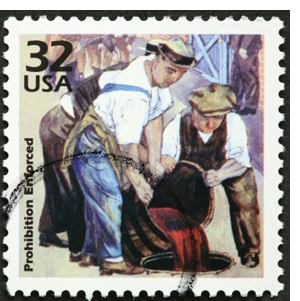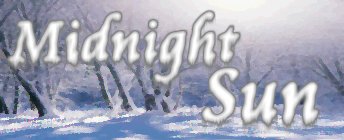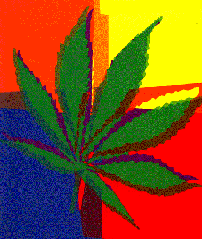 Film: Ken Burns: Prohibition (2011)
Film: Ken Burns: Prohibition (2011)
Director: Ken Burns, Lynn Novick
Genre: Documentary
In 1920 America spurned Dionysus, god of wine and ecstasy, and Dionysus exacted a swift and lasting revenge that changed the social fabric of the country, the economy, and history. The 18th Amendment?which ushered in the era of Prohibition?encouraged dissent, deceit, lawlessness, and excessive alcohol consumption. It made organized crime extremely profitable and swelled the ranks and the influence of many criminal organizations.
Mabel Walker Willebrandt hadn’t voted for Prohibition. She’d never been a member of the Christian Women’s Temperance League. Previously, she’d even enjoyed the occasional drink. But when in 1921 she was appointed Assistant Attorney General and Congress handed her the responsibility of enforcing the inherently unenforceable liquor laws, she became a teetotaller and buckled down heroically to the job of stopping rumrunners and other miscreants from selling liquor illegally.
Prohibition is heavily peppered with this kind of miniature morality play. Each scene is an examination of some moral aspect of human nature’some good, some bad, but each one mesmerizing. Prohibition was one of the most dramatic existential experiments of the modern world, testing our notions of justice, equality, economic order, society, and ethics. With the 18th Amendment a situation was constructed which ensured that every weakness and strength of the human constitution would become writ large for the entire world to see.
The temperance movement had been fuelled by a desire for a better, healthier, more moral society and by the belief that government could make it so. The immediate results were encouraging: alcohol consumption dropped, as did instances of alcohol-related illnesses and deaths. Those who chose to become teetotallers reported happier family life, greater prosperity, and better health. In their view the new liquor laws were an avenue into a brighter future for American society.
But the wording of the 18th Amendment was far more severe than most people had anticipated. Most had thought that they could at least enjoy a beer or wine with no legal consequences, but this was not the case. There soon grew an increasing discontent with the whole idea of government legislating morality, and the grounds for defiance of the 18th Amendment added just the right amount of self-righteousness to the quest for access to booze and big bucks.
And so it began. The sense that the law was unjust?and that therefore those who flouted it were just?created a climate in which psychopaths in business and government could rise unimpeded to heights of wealth and power. The worst criminals alive claimed a sense of Robin Hood heroism, and civil disobedience became a rationalization for drinking yourself under the table.
The illegal selling of liquor was mostly carried out by ethnic minorities and poor whites, but buyers spanned all social strata. Most notable among consumers of illegal alcohol were the very congressman who drafted and passed the bill and the justice department and police (as well as the police sent in to police the police) who were given the task of enforcing it.
A reluctance to enforce coupled with an eagerness to make easy money and a hankering for drink meant that liquor sales rose substantially, padding the purses of anyone willing to flout the law and morality.
Thus criminals like Al Capone were not only freed for action, they were practically given a leg up. One of the functions of law is to keep psychopaths from destroying everything, and Prohibition paved the way for the opposite effect.
The ?dries? were mostly northern European, Protestant, and rural, whereas the ?wets? were primarily urban and multi-ethnic, and this circumstance alone was a powerful impetus for political polarization. If Prohibition didn’t create the present gulf between rural and urban communities (the ?moral majority? conflicts of the 1970s are one example of this gulf), then it certainly exacerbated it.
This film is in the Burns tradition of phenomenally good stuff. A wealth of significant information is presented in a manner That’s utterly engaging, and it provides endless resources for debate and creative inspiration.
Ken Burns: Prohibition fulfills four of the Mindful Bard’s criteria for films well worth seeing: 1) it poses and admirably responds to questions that have a direct bearing on my view of existence; 2) it stimulates my mind; 3) it harmoniously unites art with social action, saving me from both seclusion in an ivory tower and slavery to someone else’s political agenda; and 4) it makes me appreciate that life is a complex and rare phenomenon, making living a unique opportunity.
Wanda also penned the poems for the artist book They Tell My Tale to Children Now to Help Them to be Good, a collection of meditations on fairy tales, illustrated by artist Susan Malmstrom.


